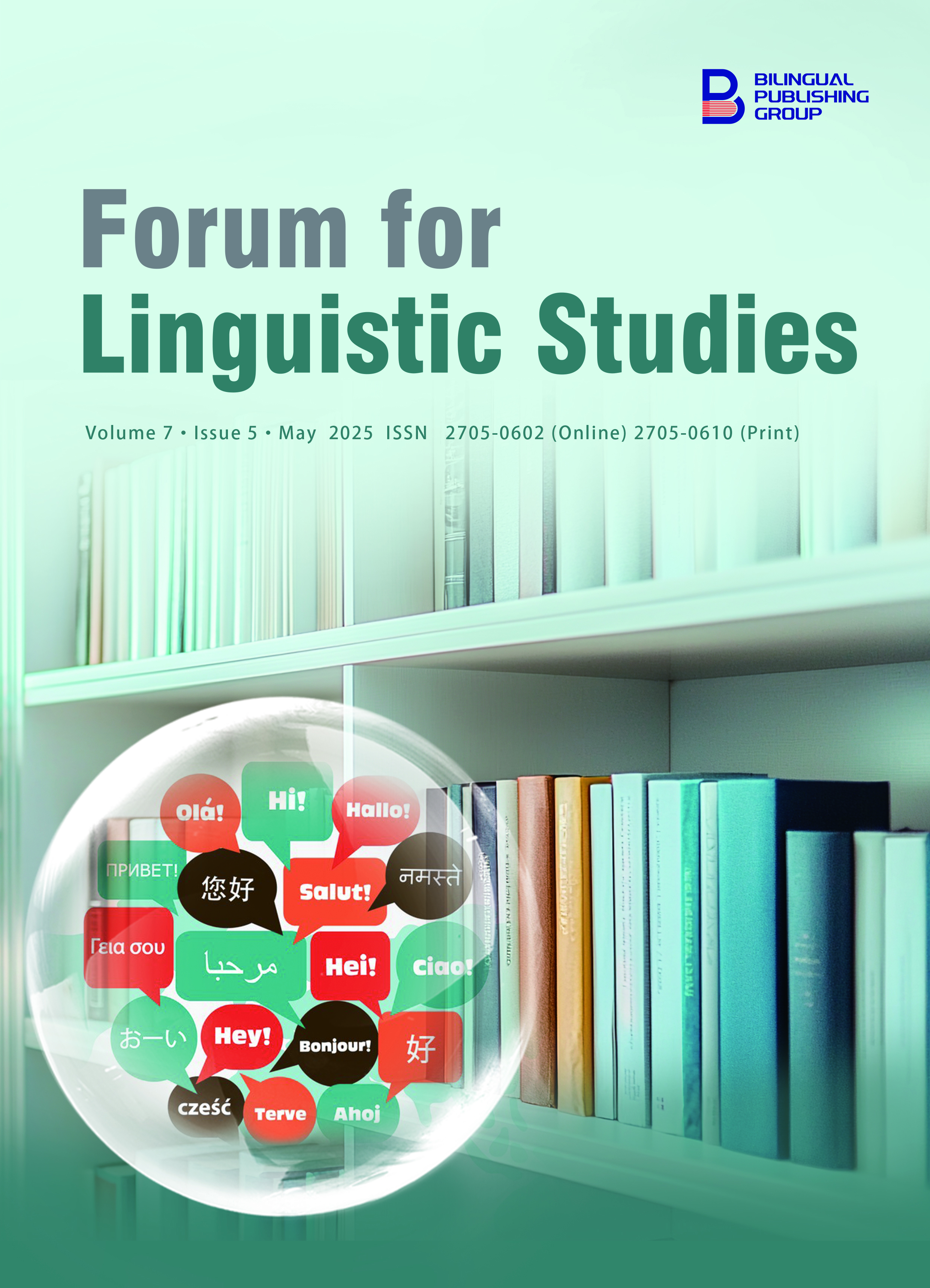Forum for Linguistic Studies (FLS) Partners with the International Digital Education Conference (IDEC) 2025
We are delighted to announce that the Forum for Linguistic Studies (FLS) has officially entered into a partnership with the International Digital Education Conference (IDEC) 2025!
About IDEC 2025:
IDEC 2025 serves as a premier global platform dedicated to reimagining and advancing the future of digital education. The conference will gather leading educators, researchers, policymakers, and technology innovators from around the world to share cutting-edge insights, present research findings, and collaborate on shaping inclusive and sustainable educational futures. Aligned with the United Nations Sustainable Development Goals—especially SDG 4 (Quality Education), SDG 9 (Industry, Innovation and Infrastructure), and SDG 17 (Partnerships for the Goals)—IDEC 2025 aims to explore how digital technologies can make education more accessible, engaging, and effective for all.







 Turki Rabah Al Mukhallafi
Turki Rabah Al Mukhallafi



